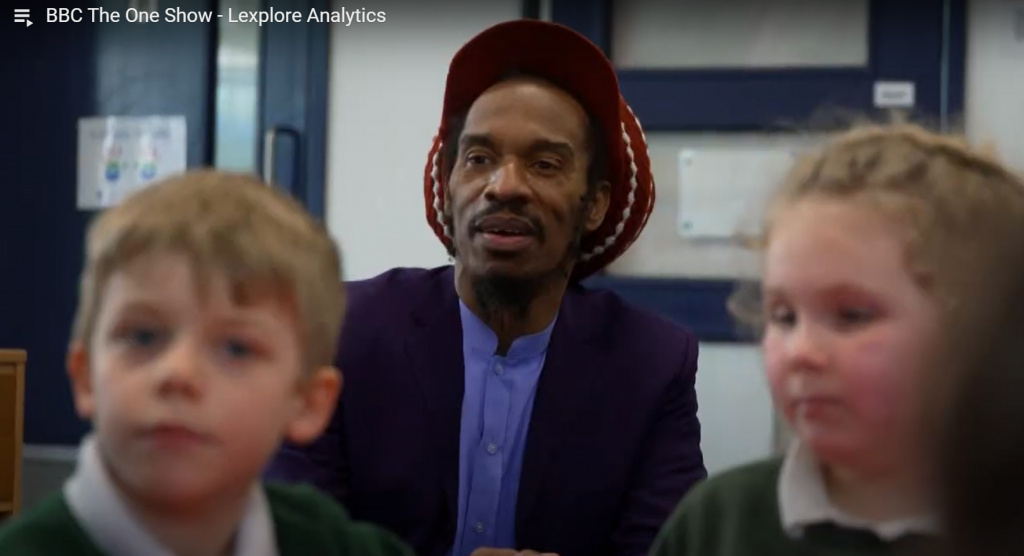
Schools spend a considerable amount of time and effort on assessment but do they assess the right things? We are now beginning to realise the need for whole school screening for everything from wellbeing to mental health to dyscalculia and dyslexia. This is one area where technology really can save teachers' time.
There are hundreds of different reading assessments but those that involve a child reading aloud to an adult always have an element of subjectivity. Perhaps the child is shy, perhaps they hesitate because they are distracted. And once we have a measure of a child's poor ability to decode, the assessment doesn't necessarily tell the us where the problem lies. Is the child long sighted? Do they have problems tracking text? Do they have dyslexia?
Back in October TeachingTimes met Lexplore at the TES SEN show and talked to teachers and the exhibitors about why eye gaze worked for schools. Many teachers had seen Lexplore in action the previous April on the BBC One Show.
The programme looked at the impact of the first lockdown on reading and took Benjamin Zephaniah to a primary school to see the technology in action.
Although a well respected poet, author of more than 20 books and a university professor these days, Zephaniah struggled with literacy as a child. He moved school often and was not diagnosed with dyslexia until he was in his twenties. See his report on Lexplore here.